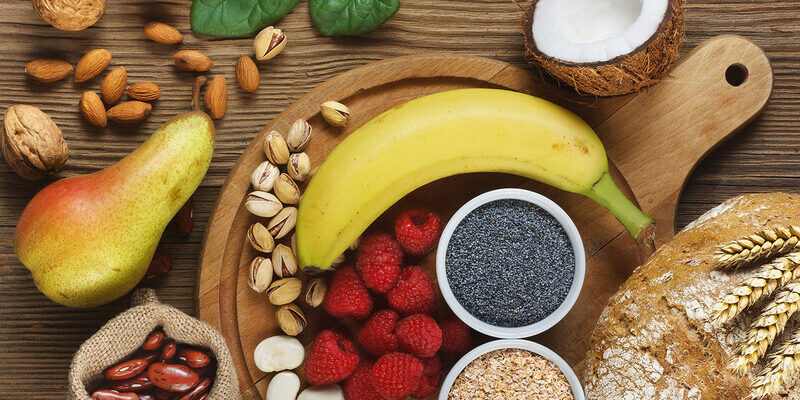By Helaine Krasner, MS, RDN
Now is a great time emphasize the crucial role nutrition plays in immune function. We may be overwhelmed by messages and advertising for products to boost our immune system, but our bodies are uniquely designed to fight foreign invaders without outside help. Having the right building blocks on board will help your body do its thing.
Protein: especially important for cellular repair and recovery. Adequate protein is needed to make antibodies and perform DNA repair. Food sources include lean meats, fish, eggs, beans, peas, soy, nuts and seeds.
Vitamin A: helps protect against infection by keeping skin and tissues of the mouth, stomach, intestines and respiratory system healthy. Food sources include sweet potato, carrots, broccoli, spinach, red bell peppers, apricots.
Vitamin C: helps protect against infection by stimulating the formation of antibodies. Food sources include oranges, red bell pepper, papaya, strawberries, tomato juice.
Vitamin E: works as an antioxidant to neutralize free radicals which may improve immune function. Food sources include sunflower seeds, almonds, hazelnuts, peanut butter.
Zinc: helps support the immune system. Food sources include oysters, lean meats, fish and seafood, whole grains, beans, nuts and seeds.
Other nutrients: vitamin B6, folate, selenium, iron, as well as prebiotics and probiotics, also may influence immune response and play a role in a healthful eating style.
Obtaining these nutrients from foods is preferred, so speak with your health care provider or a registered dietitian nutritionist before taking any “immune-boosting” supplements. Choose nutrient dense foods most often and limit empty calories to avoid overfeeding which decreases immunity by promoting inflammation.
Don’t forget these lifestyle habits to boost immunity:
- Sleep: This is a good time to reassess your bedtime routine to maximize rest.
- Hygiene: Handwashing is the number one way to reduce risk.
- Exercise: Regular exercise boosts immune function but avoid too much exercise which can have the opposite effect.
- Stress reduction: Believe it or not stress reduces immune function. Make time daily to actively engage in stress management activity. Even one minute can be helpful.
These are stressful times, but it’s important to remember that this too shall pass.
Adapted from: https://www.eatright.org/health/wellness/preventing-illness/protect-your-health-with-immune-boosting-nutrition
Helaine Krasner, MS, RDN is a registered dietitian nutritionist who takes great pride in helping our Bariatric and Medical Weight Management patients achieve their health and weight loss goals.

